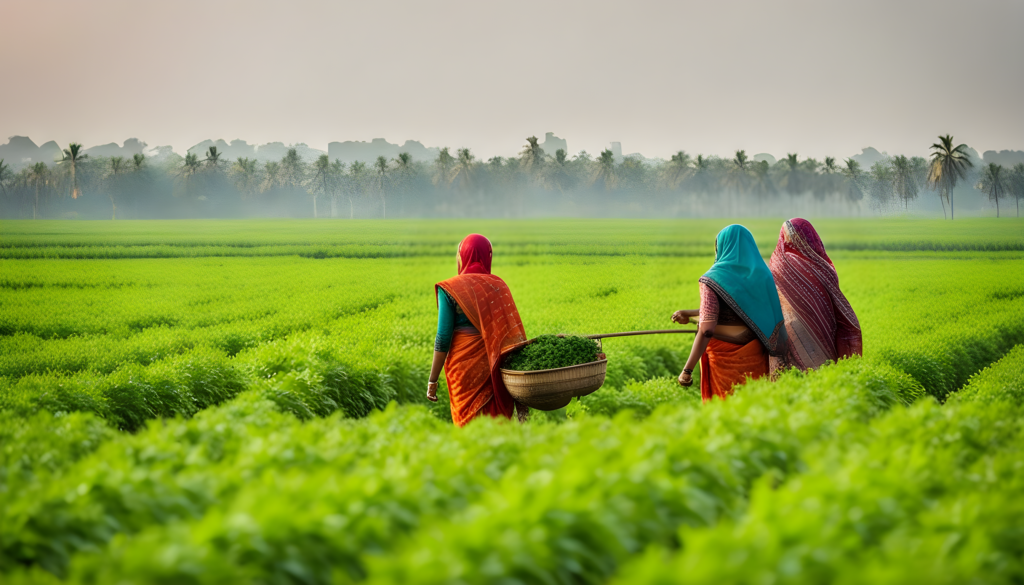Introduction
In a world where health consequences and environmental issues are taking center stage, food and agriculture companies are at a crossroads. The choices they make not only impact the nation’s health but also its socio-economic well-being. This blog explores the opportunities for these companies in India, given its unique socio-economic status, and delves into the recent regulatory developments and incentives introduced by the Indian government.
The Intersection of Health and Environment
Food and agriculture are at the heart of the global sustainability challenge. These sectors are not only responsible for ensuring food security but also play a significant role in environmental conservation and public health. In a country as diverse as India, the implications are far-reaching.
Health Consequences:
India’s socio-economic diversity is mirrored in the health outcomes of its population. While urban areas are grappling with issues like diabetes and obesity, rural areas are battling undernutrition. Food companies can bridge this gap through innovation and responsible marketing.
Environmental Issues:
Agriculture is a significant contributor to greenhouse gas emissions, deforestation, and water scarcity. India faces unique challenges related to climate change and land use. Sustainable farming practices can help mitigate these issues.
Regulations and Incentives
The Indian government has recognized the need for transformative change in the food and agriculture sectors. Recent regulatory developments and incentives include:
-
FSSAI Regulations: The Food Safety and Standards Authority of India (FSSAI) has introduced strict regulations to improve the quality and safety of food products. Compliance with these standards is not just a regulatory requirement but also a path to building consumer trust.
-
PM-KISAN Scheme: The Pradhan Mantri Kisan Samman Nidhi (PM-KISAN) scheme provides financial support to small and marginal farmers. This initiative aims to improve the economic status of farmers, promoting sustainable practices and reducing disparities.
-
FPOs and Farmer Producer Organizations: The government is encouraging the formation of Farmer Producer Organizations (FPOs) to empower farmers economically and promote collective marketing and sustainable agricultural practices.
Opportunities for Food and Agriculture Companies
-
Innovation in Nutritional Foods: Food companies can develop and market healthier, affordable products that cater to the diverse dietary needs of the Indian population.
-
Sustainable Agriculture: Embracing eco-friendly and sustainable farming practices not only reduces environmental impact but also ensures a stable supply of ingredients.
-
Local Sourcing: Building stronger relationships with local farmers and sourcing ingredients locally can stimulate economic growth in rural areas.
-
Waste Reduction: Reducing food waste along the supply chain not only conserves resources but also addresses food scarcity.
-
Consumer Education: Responsible marketing practices and consumer education can lead to healthier food choices and contribute to public health.
Conclusion
Food and agriculture companies in India find themselves at the nexus of health and environmental issues, intricately linked with the socio-economic fabric of the nation. By seizing the opportunities provided by recent government regulations and incentives, they can lead the charge in transforming the landscape. Companies that raise their game to address health consequences and environmental challenges will not only thrive but also contribute to India’s overall well-being, ensuring a sustainable and prosperous future for all.
